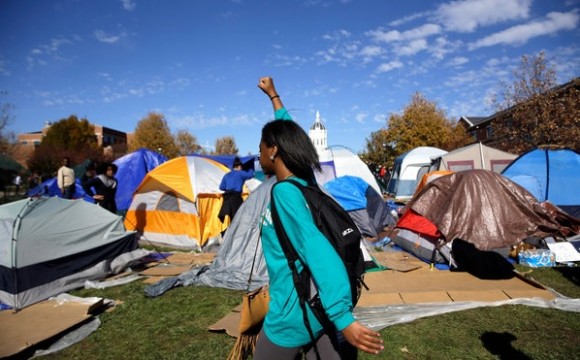Dear Commons Community,
David M. Perry, an associate professor of history at Dominican University, has an article in The Chronicle of Higher Education advocating blogging as an important academic activity. He also provides three useful rules for blogging.
“I’ve learned a lot about blogging and how it fits into an academic career…Here’s three lessons for anyone considering building their own space for online writing.
- Pick the right platform. I failed to do that twice. ..I began to covet the fancy sites of other writers. So I hired a designer and commissioned a site on Wix, a cloud-based platform that seemed beautiful to me. Although my designer was fabulous, the experience was a disaster. It turns out that supporting a high-volume writer like me is a specific problem for Wix. Each blog post functions as its own page, so sites like Blogger and WordPress, (the one I would probably recommend), are designed to help writers easily manage that volume.
- Write whatever you want. Don’t let ideas about propriety or academic silos limit you. My blog has evolved past its original, fairly narrow conception.
- Write for the sake of writing. This one is the most important. Because I have been an advocate of academics writing in a broad array of mainstream publications, I routinely field questions from other academics about whether they should start a blog as a pathway to reaching a bigger audience.”
As someone who has been blogging for six years, I second everything David Perry is saying. First, the CUNY Academic Commons (WordPress platform) is a pleasure on which to work. Also, the support that Matt Gold and his staff provide is outstanding. Second, I originally was going to post only about education technology but found it too confining and now blog on anything that I think might be of interest to others. Third, I have found that blogging daily has significantly made me a better and more efficient writer. Writing helps us think more deeply about ideas and issues. The blog also provides a repository on which I can search for topics that at one time or another stirred my interest.
Academic blogging is alive and well and worth it!
Tony





